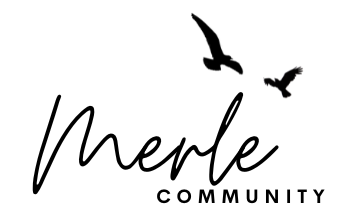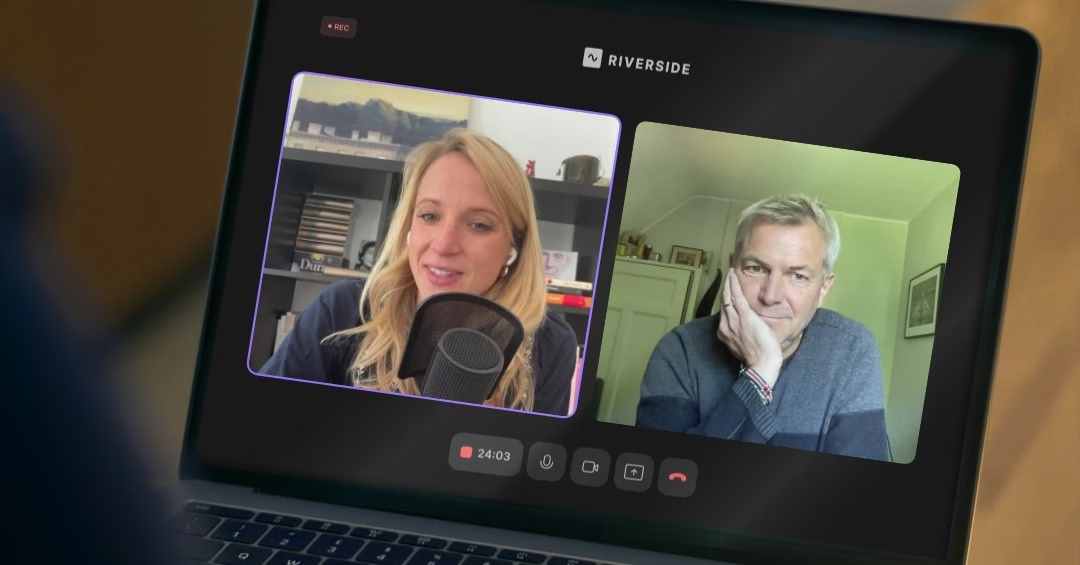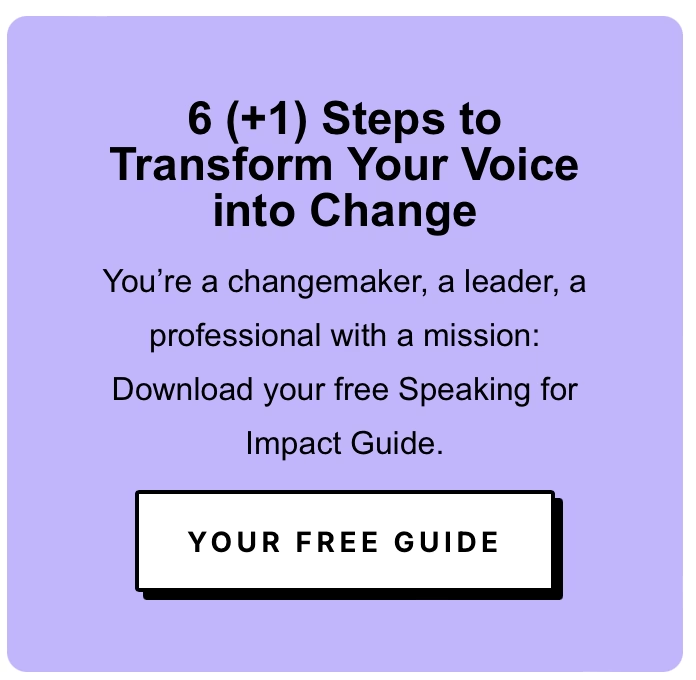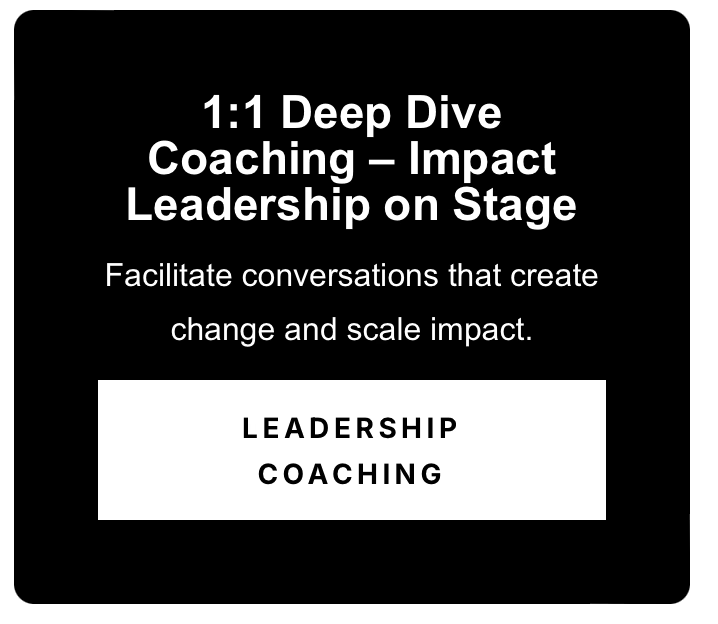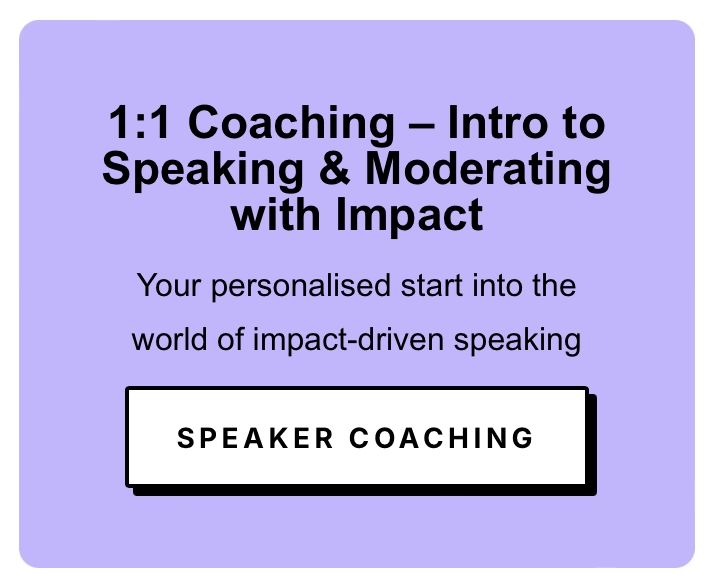What is impact and how can it be measured?
Let me take a step back to explain our model – it helps answer the question of how we measure impact. We are – and I sometimes say this a bit provocatively – a development aid organisation that acts like a venture capital firm. So we go where NGOs typically go: into fragile regions where people live in poverty (less than $2 a day), and instead of doing classical aid work (meaning: fund a project, spend the money, the project ends – and start over), we do what investors usually do. In other words, we put money into a business and hope that it will survive and grow in the long run. The problem is: investors don’t typically go to these poor regions because it’s not profitable enough – too risky, too uncertain. That’s where we come in. We close that gap. Not with commercial money that seeks profit, but with philanthropic capital – donations that we turn into equity. And now I can better answer your question.
We don’t want to bring ideas from the Global North into Africa. That’s been done for decades – and it doesn’t really work. Our goal is to find ideas that already exist locally. Solid ideas, from an entrepreneurial point of view. The same thing you’d do here: you discover a great start-up with an inspiring founder and think: “This has potential.” So we invest money to help it grow. Our first question, therefore, is: “What’s sustainable?” For us, it’s a mix of a strong founder at the heart of a promising business model, where we think: “Wow, this can grow and survive.” If that’s the case, we invest philanthropic capital. In simple terms: we are regular investors, but with nonprofit money. We never take out any profit. And if we make a gain, it stays in the system to fund the next generation.
That’s our first definition of sustainability: do we believe that a company we invest in can – over time – generate more revenue than it spends? If so, it can survive.
And how do you measure that impact?
That’s a really exciting question. Because we don’t measure our impact in euros. Of course, money is essential for the survival of a company. But what really matters to us is that these businesses create jobs. That’s our definition of sustainable impact. Do we find businesses with a model that generates jobs for people? Because in areas of poverty, jobs are the best tool against poverty. A job is the most effective way out of poverty. In developing countries, 9 out of 10 jobs are created by small private enterprises – what we’d call start-ups. That’s what we’re targeting: businesses that have the potential to create employment. And sometimes people only stay in those jobs for a year – but in that year, they get paid. They have dignity. They can stand on their own feet. That, for me, is the best proof of sustainability.
Classical development cooperation is dead – and offers potential
You’ve voiced quite a clear critique of classical development cooperation – which is not new. Postcolonial theories have been questioning its effectiveness for decades. And you’ve shown how you’re offering an alternative route to the same goal – fighting poverty – but through different means. Why aren’t we doing this already? Why isn’t it happening at state level? Governments could invest capital too, right?
Yes, I’m somewhat critical of classical cooperation, but I’m not claiming that I’ve found the solution. That would be dishonest. Anyone who claims they’ve found the solution – run! Development is complex. And there are many areas where economic approaches simply don’t belong – in education, in democracy promotion.
But poverty, by definition, has to do with money. And the private sector has a lot of money. That’s exactly where you can innovate with more sustainable approaches.
Why isn’t it happening yet? Why so little?
Oddly enough, we’re the ones getting in our own way. In Germany, we’re the first ones legally allowed to convert donations into equity. That may sound technical, but it’s revolutionary. Here’s the short version: German charity law requires organisations to use donations within two years – that’s the principle of “timely use of funds.” If not, the tax office says: you’re no longer serving the common good, you’re hoarding money.
Our approach was to say: we are using the funds – they are being used to fight poverty. But the value stays with us, because we receive shares in return, with the aim of selling them at a later date once they’ve gained value. And then the money stays in the system to finance the next wave. That, in my view, is a far more intelligent use of donations. Not as a flash in the pan, but as long-term leverage. And until now, that was not allowed in Germany. We managed to get official recognition that we can use donations to invest in start-ups that create jobs in poor areas – and keep the value with us, sell it later – even at a profit – but always for the public good.
The reason states don’t do this is similar. A government, or institutions like GIZ or BMZ, can’t simply give money to an organisation to invest – for the same legal reasons. There’s a deeply held assumption that a donation is only “good” if it’s spent quickly. That needs to be rethought.
We, a tiny development organisation, have managed to shift that. That’s a small but important step forward. The next step is for this to become available for public budgets too. It’s time to ask: why should the logic of investment only serve profit? Why not use it for impact?
So yes, states have a hard time making that leap. There are public banks like KfW, development banks – but they provide loans, often large loans, not early-stage start-up financing. And these small businesses often fail because they can’t get that initial financing. That, to me, is the key leverage. It needs to be addressed so that more organisations and states can do this in future.
And if we look at the geopolitical urgency, like the USAID cuts: what role do you see for organisations like yours, for voices like yours, when it comes to sustainable development?
The development aid we’ve known is, in fact, dead. It died about three months ago. The day Donald Trump cut USAID, the world’s largest donor disappeared overnight. The Dutch government halved its budget, and in the UK, development funds were diverted to the military. That’s a massive shock to the system – and completely unacceptable, because lives are at stake. Cutting emergency aid is immoral and unjustifiable.
But emergency aid only accounts for half of development spending. And I believe this shock – which I wouldn’t have wished for – offers an opportunity.
I believe we can say: let’s use the remaining funds entirely for emergency relief. Because when disaster strikes, when war hits – you need to act quickly. But for long-term development, we can do better. Smarter. More sustainable. And that’s where I become an optimist again: let’s use this crisis to reinvent long-term development cooperation. What we’re trying on a small scale could become a model.
There is still commercial capital out there. But often it’s not being used because the first step is missing. You need to de-risk. If we can do that, we can create patient capital, which then attracts others. And then, I believe, we can replace the aid we’ve lost – with a more effective model.
Personal impact in three steps
Once again, we see the tension between what needs to happen quickly and what requires long-term perspective on fragile topics. You mentioned at the beginning that your career has always been about creating impact, making the world a better place. In your opinion, what’s the first step towards having more personal impact?
I think this comes in three parts: head, heart, and hands.
To create impact, you need a burning heart, a cool head, and steady hands.
The burning heart is: what makes your heart beat faster? What are you passionate about? What gives you energy and purpose? That’s not something you learn from books. It’s in you.
If you have that burning heart, you also need a cool head. I’ve been in this field a long time, and I’ve seen that too much naivety or emotion can actually be harmful. You need a degree of rationality. Ask yourself: “OK, I’ve found a topic I care deeply about – now, what does my brain say? What tools are effective? And how can I keep the clear-headedness to admit when things aren’t working?” Then you learn, you improve. That’s the second piece of advice: rationality.
And third – I may have already mentioned this with impatience – is: steady hands. You need to do it. There’s that saying: “While the smart ones are still discussing, the dumb ones have taken the castle.” Success is less about how good the idea is, and more about how well it’s executed. You need to take action. Sometimes you just have to try. In start-up lingo, we say: “Make a little, sell a little, learn a lot.” And if it fails, you try again – better. That’s how impact happens.
It’s not the most specific advice, but I hope it speaks to anyone who wants to make a difference. Because we all have heads, hearts, and hands. We just need to bring them together.
